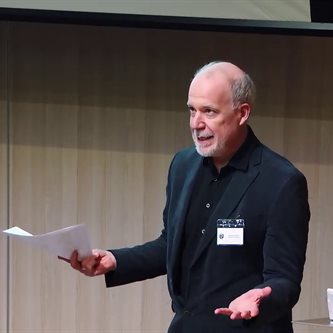
Matthew Rendall
Assistant Professor in Politics and International Relations, Faculty of Social Sciences. School of Politics and International Relations
Email: matthew.rendall@nottingham.ac.uk
Bio: Dr Matthew Rendall's recent work has dealt with intergenerational ethics and with international relations theory. At present he is writing a book on the ethics of existential risk with a focus on worst-case climate change scenarios. The goal is to show how indirect consequentialist ethics can justify an absolute prohibition on running risks that could destroy the world without implying excessive obligations to future people or paranoid risk-aversion.
Specific questions include: Should economic cost-benefit analysis 'discount’ future costs and benefits, and if so, how and why? How can we give enough weight to future costs and benefits without the sheer number of future people swamping the interests of the present generation? If we didn’t ‘discount the future’, would we end up saving all our income and never spending it? What should we do if some experts think a policy might lead to utter catastrophe but we aren’t sure?
Matthew's full profile
Find out more:
Below is a selection of articles and resources from the Hub featuring Matthew's research.
- Description
- Matthew Rendall joins Ben to talk about the ethics of financing climate change solutions. Is it justifiable to fund greenhouse gas mitigation through deficit spending? Matthew brings Ben up to speed on his latest research.
- Description
- Does the assumption that future generations will be overall better off justify discounting future damages away? In this video, Matthew Rendall discusses the implications of ignoring the costs on climate change.
- Description
- We are taking rapid steps toward low emission technology. Government subsidies have supported much of this progress. Yet efforts to accelerate the transition face fierce political resistance, with opponents claiming that they would cost too much. Without stronger support, clean technology may arrive too late.